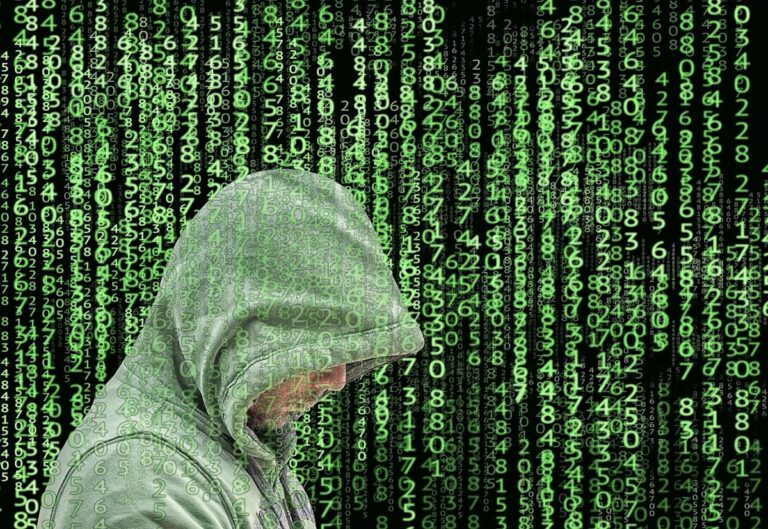
A nuclear war would cause instant destruction wherever the first missiles hit.Credit: Shutterstock
It sounds like science fiction, but it’s a scenario experts still consider: what would happen if a nuclear conflict started in Europe?
With geopolitical tensions rising again all over the world, the possibility of tactical nuclear weapons being used is, while extremely remote, no longer unthinkable.
And that’s brought a new question to the minds of many Europeans: if the unthinkable did happen, where would it be safest?
Nuclear war means immediate devastation
A nuclear war would cause instant destruction wherever the first missiles hit. Each nuclear warhead would destroy everything within 1–2 kilometres and provoke massive fires and deadly gamma radiation.
But the real danger wouldn’t stop there.
Experts say the radioactive fallout (fine particles carried by the wind) could contaminate land, air, and water hundreds of kilometres from the initial impact.
So, your level of risk would depend on where you are, which way the wind is blowing, and how densely populated your area is.
So, who’s most at risk?
Countries close to potential strike targets, such as NATO military bases or strategic cities, would face the biggest danger, says Meteored.
Germany, for example, is home to several U.S. and NATO air bases.
Poland, located next to Belarus and Russia, could also face serious fallout, especially in the east of the country, where many NATO facilities are located.
Northern Italy could be at risk as well, particularly near Aviano and Ghedi, two major military sites.
If prevailing winds blow from west to east, the radioactive cloud could easily drift toward major cities like Berlin, Warsaw or Milan.
And who’s (relatively) safe?
There are some countries that are simply too far, too isolated, or too unimportant from a military point of view to be prime targets.
And Spain is among them. Though being a large country, Spain’s position and lack of key NATO infrastructure make it less exposed. Just another reason why some may feel fortunate to live in Spain.
Other safer countries include:
- Ireland – Neutral, politically distant, and far off Europe’s western edge.
- Portugal – Isolated and located in the extreme southwest of the continent.
- Norway and Sweden – Both geographically northern, with low population density. While now NATO members, their location means fallout would likely be lower (unless winds blow from the east.)
It’s important to mention it again: “safer” doesn’t mean “safe.” Even distant countries could be affected by long-range radiation, especially under rare weather patterns with easterly winds.
What would the health impact be?
For those exposed to radiation near a detonation site, symptoms could start within hours: nausea, vomiting, skin burns, and, in severe cases, death within days.
Further away, the long-term health risks would still be serious. Even moderate exposure can lead to a higher risk of leukaemia and thyroid cancer, particularly if food and water are contaminated by radioactive isotopes like iodine-131.
This is why some governments stockpile potassium iodide, a substance that helps block radioactive iodine from damaging the thyroid.
What can you do in such a situation?
The most effective protective steps are:
- Shelter underground or in thick concrete buildings.
- Taking potassium iodide tablets in the first hours after exposure.
- Removing contaminated clothing and washing exposed skin.
These measures can make a difference, but only if implemented quickly and with clear public coordination.
Clearly, there are no real winners
While some countries may be geographically “luckier” than others, no part of Europe would be completely safe in the event of a nuclear exchange. Fallout doesn’t respect borders; a nuclear war would be catastrophic for all of us.
That’s why, in these turbulent geopolitical times, diplomacy remains the most powerful tool.
A nuclear war would cause instant destruction wherever the first missiles hit.







